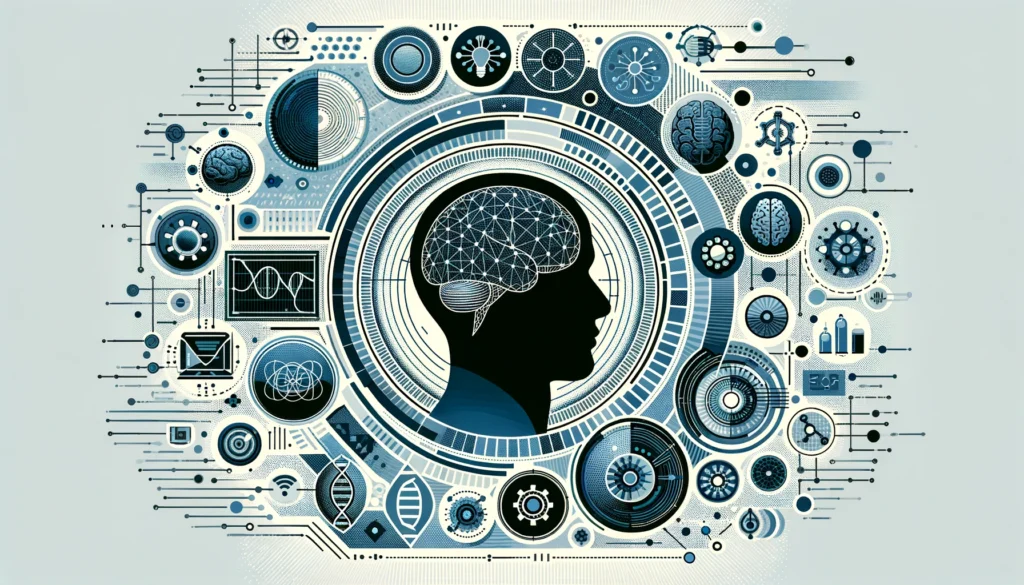
Introduction: The Rise of Predictive Intelligence
In today’s digital age, algorithms don’t just serve us information — they study us. Every click, pause, and scroll is logged, analyzed, and fed into systems that learn our habits, preferences, and fears. Over time, these systems become remarkably accurate at predicting what we’ll do next. From recommending a movie before we realize we’re in the mood for one, to identifying our emotional states based on typing patterns, algorithms are evolving into mirrors that reflect — and sometimes distort — our inner selves.
The Data Behind the Curtain
The foundation of algorithmic prediction lies in data. Modern platforms collect staggering amounts of behavioral information:
- Search histories reveal curiosity and intent.
- Social media activity uncovers emotional trends and relationships.
- Purchase records reflect priorities and values.
- Location tracking maps routines and social circles.
When combined, these data points form an intimate portrait — one that’s often more detailed than what we consciously know about ourselves. Psychologist Michal Kosinski’s studies at Stanford, for example, showed that Facebook “likes” could predict a person’s personality traits, political orientation, and even sexual identity with higher accuracy than friends or family members could.
Beyond Personalization: When Prediction Becomes Manipulation
At first glance, algorithmic insights seem beneficial. Netflix knows your favorite genre; Spotify builds your perfect playlist. But as predictive power grows, so does the potential for manipulation.
Algorithms now shape what we see — and by extension, what we believe. Social media feeds tailor content to keep us engaged, often amplifying emotions like outrage or fear. E-commerce platforms can predict when we’re most vulnerable to impulse buying. Even political campaigns have harnessed micro-targeting techniques to sway voters with personalized messages designed to exploit psychological weaknesses.
This creates what some researchers call the “prediction paradox”: the better algorithms understand us, the easier it becomes to subtly guide our behavior — sometimes without our awareness.
The Psychological Mirror
What’s most fascinating, and unsettling, is how these systems reveal aspects of ourselves we haven’t consciously articulated.
Algorithms may infer that someone is depressed based on their late-night browsing, word choices, and slowed online activity — sometimes before that person recognizes their own emotional decline. Similarly, predictive models in healthcare can detect the onset of diseases through subtle shifts in data patterns long before symptoms appear.
In essence, algorithms function as an externalized subconscious — tracking impulses and inconsistencies we might not admit to ourselves.
Ethical and Existential Questions
When machines know us this intimately, who controls the narrative of our identity? Should a system be allowed to predict our next move — or, worse, decide it for us?
The ethical concerns are profound:
- Privacy: What happens when personal data becomes public insight?
- Autonomy: Are we still making free choices if algorithms subtly guide them?
- Bias: Who decides which predictions are “true,” and what happens when those predictions are wrong?
Even well-intentioned use can lead to harm — for instance, predictive policing or credit scoring systems that reinforce existing inequalities.
Reclaiming Our Digital Selves
To coexist with predictive technologies responsibly, society must demand transparency and accountability. Users should have access to clear explanations of how algorithms make decisions and what data they use.
On a personal level, digital mindfulness — understanding our own behavioral patterns online — can help us maintain autonomy. Just as we learn to interpret media critically, we must learn to interpret algorithms critically, recognizing when they’re shaping our perspectives or choices.
Conclusion: The Mirror and the Map
Algorithms have become both a mirror reflecting our behaviors and a map charting our likely futures. They hold a remarkable capacity to enhance human life — through healthcare, education, and efficiency — but also the power to erode privacy and autonomy if left unchecked.
The challenge of our century may not be teaching machines to understand humans, but ensuring that humans continue to understand themselves in an algorithmic world.
Leave a Reply